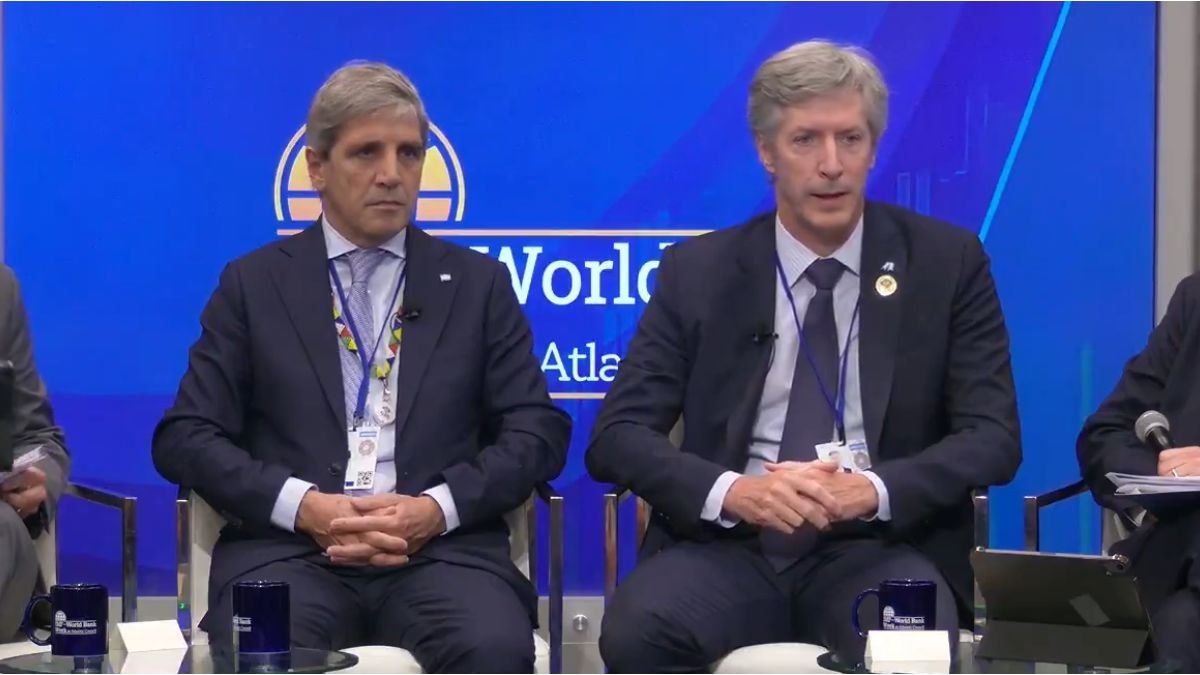Istanbul is one of the last bastions of the opposition in Turkey – and a thorn in Erdogan’s side. Critics fear that a victory for his AKP in the metropolis could completely unleash the head of state.
Turkish President Recep Tayyip Erdogan has called for a battle of conquest. His supporters have gathered in Istanbul, some with red ribbons with the name of their president tied around their heads, others wrapped in flags with Erdogan’s face. For the head of state and his AK party, this Sunday’s local elections are about victory over the country’s major bastions of opposition. He doesn’t shy away from tricks.
Around 61 million voters will be called upon to elect mayors and local parliaments across the country on March 31st. In addition to the capital Ankara and the megacity Izmir on the west coast, the focus of the election is particularly on the Bosphorus metropolis Istanbul, the most populous city and the economic heart of the country, which is currently ruled by Erdogan’s greatest political opponent.
Istanbul key to Erdogan’s political rise and defeat
For Erdogan, the metropolis of 16 million is the place where he experienced his political rise. In 1994 he was elected mayor of Istanbul before becoming the country’s prime minister in 2003 and president in 2014. But Istanbul is also the scene of the biggest defeat of his political career. Together with Ankara and Izmir, Istanbul went to the CHP party in 2019 after more than 25 years under the government of the AKP and its Islamic-conservative predecessors. The AKP canceled the election – when it was repeated, the opposition won by an even larger margin. At the time, many saw this as the beginning of the end of the Erdogan era. But his victory in the May 2023 presidential election has largely buried that hope.
According to observers, if Istanbul goes back to the AKP, there is a risk of a further slide into authoritarianism. Erdogan could feel inspired by this and test limits – for example, changing the constitution and thereby securing another term in office, which the current constitution prohibits. But victory in the metropolis is not yet a foregone conclusion. The economic situation in the country is bad; many pensioners, for example, are angry that their vote could turn the tide against Erdogan. Another risk for the president is the rise of the Islamist Yenid Refah party, which could steal votes from the AKP.
Close race expected between AKP candidate and mayor
Polls predict a tight race between the AKP candidate and Ekrem Imamoglu of the country’s strongest opposition party, the CHP. Imamoglu, who has been mayor for five years, is still considered Erdogan’s only likely challenger in a future presidential election.
In fact, he is already running against the President in the election campaign, even if he is not running. After more than 21 years in which the system was tailored to Erdogan and the electorate was emotionally trained towards him, nothing would happen politically in the country without the 70-year-old. And that’s probably how it should stay: The AKP candidate for Istanbul is Murat Kurum, a colorless technocrat who, in the eyes of many, acts as the president’s straw man and who stood out during the election campaign for his slips of the tongue and awkward dance moves. According to political analyst Berk Esen, Erdogan’s intention behind the nomination of the 47-year-old former urban development minister is not to create a serious competitor within the party.
But there is also a lot at stake for the opposition. “In an increasingly authoritarian Turkey that concentrates resources with the government, opposition parties need access to municipal resources in order to survive,” says Esen.
Internal party resistance and lack of support for the Kurds
But it’s not just Erdogan and Kurum who want to prevent Imamoglu’s victory. It is said that Imamoglu’s party, the social democratic CHP, is engaged in sharp wing battles, and within the party there is also resistance from old secular elites against the devout Muslim Imamoglu. Imamoglu cannot rely on the support of Kurdish voters either. In 2019, the pro-Kurdish party HDP expressed its support for him, and now its successor party, the DEM, is sending its own candidate into the race.
Another disadvantage for the opposition is that the election campaign is being conducted under very unequal conditions: the AKP has far more access to financial resources. 90 percent of the media is in government hands, where their view of the world is disseminated without question. Imamoglu also continues to face a ban on politics. The 53-year-old was convicted of insulting people in 2022 – if the verdict becomes final, he will no longer be allowed to hold political office. Critics saw the verdict as an attempt to politically sideline the popular politician. “Imamoglu is the opposition’s best candidate,” says Esen. After another win, it would be very difficult to write Imamoglu off. “Erdogan knows that too.”
This is probably why Erdogan announced a few weeks ago that the elections would be his last – according to observers, an attempt to win over AKP voters emotionally. Political analyst Murat Yetkin expects the opposite: a Kurum victory would inevitably be followed by a weakening of the control mechanisms in the executive branch, “and another Erdogan candidacy.”
Source: Stern
I have been working in the news industry for over 6 years, first as a reporter and now as an editor. I have covered politics extensively, and my work has appeared in major newspapers and online news outlets around the world. In addition to my writing, I also contribute regularly to 24 Hours World.




